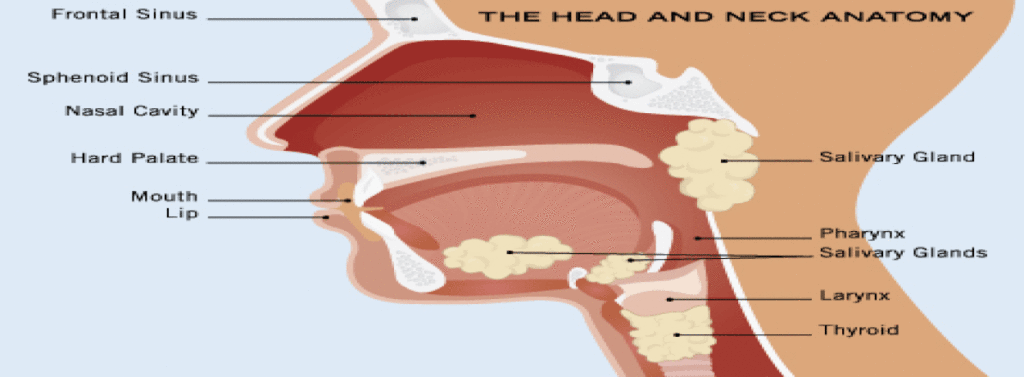Head and Neck Cancer Surgery
Head and Neck Cancer Surgery

Symptom of Head and Neck Cancer
- Hoarseness
- Difficulty swallowing
- Painful swallowing
- Throat pain
- Weight loss
- Persistent ear pain without hearing loss
- Persistent neck mass (often painless)
- Oral bleeding Stridor(noisy breathing)
Treatment of Head and Neck Cancer
There are numerous options to treat H&N cancer. The most common treatments include surgery, radiation therapy, and chemotherapy. The optimal treatment must be individualized for each cancer and each patient, depending upon the type of cancer, the site of the cancer, the stage (extent) of the cancer, and the underlying health status of the patient.
These complex malignancies often require the expertise of numerous physicians and para health professionals (speech language pathologists, dieticians, physical therapists, occupational therapists) in different specialties working in a collaborative, team-oriented approach. Such specialists may include head and neck surgeons, plastic and reconstructive surgeons, skull base surgeons, neurosurgeons, radiation oncologists, and medical oncologists.
Head and Neck/ Endocrine procedure:
- Thyroidectomy
- Para thyroidectomy
- Parotidectomy
- Excision of submandibular gland for infection or tumor
- Excision of benign and malignant laryngeal (voice box) tumors
- Excision and reconstruction of tumors of the mouth, larynx, pharynx, and neck
- Excisional of congenital masses of the head and neck
- Excision and reconstruction of skin cancers of the head and neck
Parotidectomy
Hyperparathyroidism

Aarav Medicare team is ready to look after all your medical emergency needs. We will Take care of your health.
Saurav
Why Aarav Medicare?

Highly Qualified Specialists
Best Specialist Doctors for all the Treatment and Procedures. Get Free Online Consutations.

State Of The Art Facility
Finest Hospitals with all the modern Medical Equipment and Best Patient Care.

